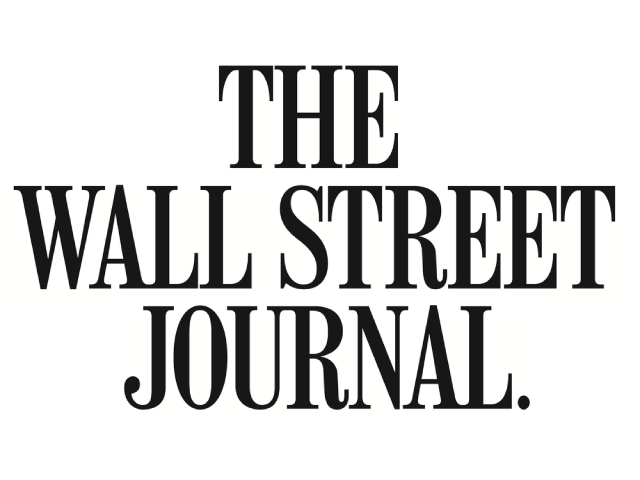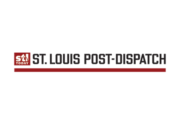President Obama often referred to “teachable moments”—unplanned opportunities to gain insight on a problem. We had one last month when President Trump tweeted: “With all of the Fake News coming out of NBC and the Networks, at what point is it appropriate to challenge their License? Bad for country!” A second tweet declared: “Network news has become so partisan, distorted and fake that licenses must be challenged and, if appropriate, revoked. Not fair to public!”
The comments set off a firestorm. Sen. Tom Udall (D., N.M.) tweeted back that “POTUS is again openly suggesting an abuse of power.” Yet Mr. Udall has repeatedly sponsored a constitutional amendment that would give Congress the power to regulate political speech. He reintroduced it this year, making clear he wanted to regulate speech by “Wall Street” and “corporations.”
Responding to Mr. Trump, the chairman of the Federal Communications Commission, Ajit Pai, said that “the FCC does not have the authority to revoke a license of a broadcast station based on the content of a particular newscast.”
But that wasn’t enough for Hawaii’s Sen. Brian Schatz, the top Democrat on the Senate subcommittee overseeing the FCC. He demanded that Mr. Pai provide “a full-throated defense of the independence of the FCC against political interference.”
As it happens, Mr. Schatz has supported the constitutional amendment Mr. Udall introduced. In fact, Senate Democrats voted unanimously in 2014 for it. Apparently the idea of censorship only worries them when it’s coming from Mr. Trump.
Mr. Udall would argue his proposal would merely limit political spending. But the Supreme Court has correctly held that to limit what someone can spend to exercise a right—whether to speak, worship or obtain an abortion—is to limit the right itself. It is easy to structure campaign finance laws so as to harm your enemies and reward your friends. With much of the news media attacking the president 24/7, it’s worth noting that Mr. Udall proposes no restrictions on the “press”—only other speakers.
So why not revoke the licenses of stations that are unfair or inaccurate in their coverage? Many Trump critics are demanding that Facebook and Twitter act to eliminate “fake news” online. Why then tolerate biased reporting from broadcasters?
The answer is that government can’t be trusted to decide which reporting counts as fake news. After all, one man’s “distortion” is another’s “straight talk.” While Mr. Udall thinks corporations are too powerful, others might say labor unions. The temptation will be to silence opponents. What the government is most likely to crack down on is news that’s critical of the government.
That’s why we have a First Amendment. Those who pine for more regulation of campaign speech should take this “teachable moment” to ponder two questions: Does free speech apply to all Americans, or only to the favored few calling themselves “the press?” And are political opponents the only ones who cannot be trusted with the power to censor critics?
This post originally ran in The Wall Street Journal on November 2nd 2017.














